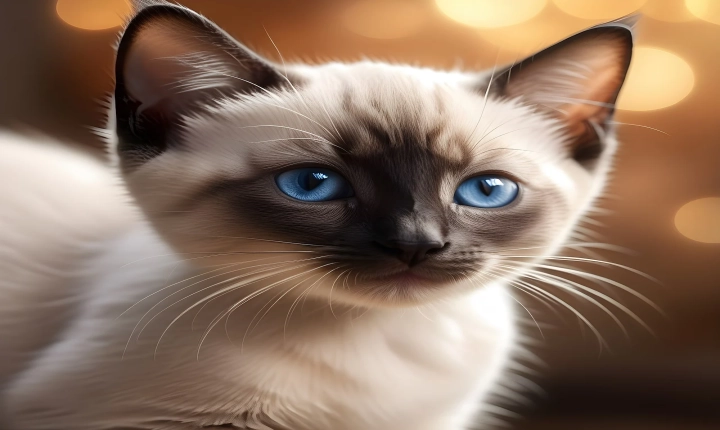Are the creator AI robots real? This is a question that has been pondered by many as the field of artificial intelligence (AI) continues to advance. The concept of creator AI robots refers to machines that are able to generate new and unique content, such as art, music, or even text, without human intervention. These AI robots are designed to exhibit creative abilities that were once thought to be exclusive to human beings.
In recent years, there have been significant developments in the field of AI, particularly in the area of generative models. These models are capable of creating new content by learning from existing data and using that knowledge to generate novel outputs. One of the most well-known examples of such models is OpenAI’s GPT-3, a language model that can generate human-like text based on a prompt or input.
With the advancements in AI technology, it is natural to question whether AI robots can truly be considered as creators. After all, creativity has long been regarded as a defining characteristic of human intelligence. However, as AI continues to progress, it is becoming increasingly clear that these machines are indeed capable of producing original and imaginative work.
The capabilities of creator AI robots have been demonstrated across various domains. For instance, there are AI systems that can compose music that is indistinguishable from that created by human composers. Similarly, AI-generated art has been showcased in exhibitions and has even been sold at auctions for significant sums of money. These examples highlight the potential of AI to produce content that is not only original but also aesthetically and emotionally compelling.
While AI robots are certainly capable of generating content that can be considered creative, the question remains whether they can truly be regarded as creators. Some argue that the term “creator” implies a level of intentionality and consciousness that AI lacks. After all, AI models operate based on patterns and rules learned from data, rather than possessing a genuine understanding of their actions.
Furthermore, the ethical implications of AI-generated content are also a point of debate. For instance, if an AI system generates a piece of music or art, who should be credited as the creator: the AI system itself, its developers, or the data it was trained on? These questions raise complex issues regarding intellectual property, ownership, and the nature of creativity.
Despite these questions, the capabilities of creator AI robots cannot be dismissed. The ability of AI to produce creative content is a testament to the progress of the field and the potential impact it can have on various industries, including entertainment, media, and the arts.
As AI continues to evolve, it is likely that the concept of creator AI robots will become even more prevalent. It is crucial for society to engage in discussions about the implications and ramifications of AI-generated content, and to develop appropriate frameworks for addressing the ethical, legal, and societal challenges that arise.
In conclusion, while the question of whether creator AI robots are “real” creators may remain a matter of philosophical debate, there is no denying the creative potential of AI. The emergence of AI as a creator raises important questions about the nature of creativity, the role of technology in artistic and creative processes, and the impact of AI on society as a whole. It is clear that the continued development of AI will have far-reaching implications for how we understand and engage with creativity in the future.
